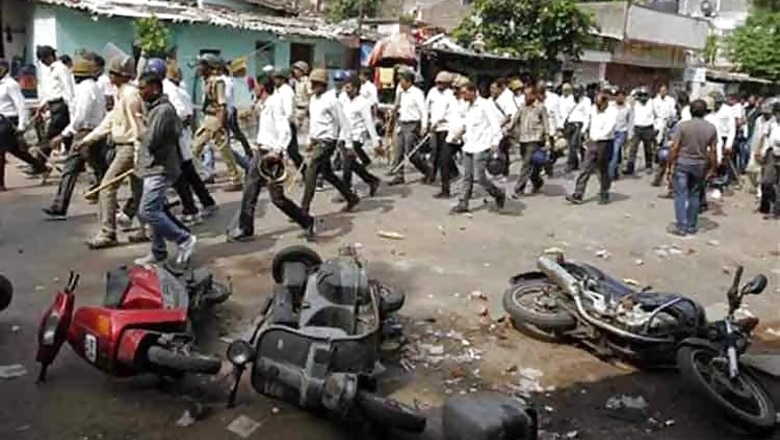
views
New Delhi: India's economy expanded by seven percent in the last quarter, making it one of the world's fastest-growing, but experts say violent protests over jobs in the prime minister's own state last week are a sign many are still not feeling the benefits.
They say that could spell trouble for Narendra Modi, who swept to power last year promising jobs, investment and a revival of India's flagging economy after 13 years in charge of the prosperous western state of Gujarat.
Many hoped the prime minister could replicate his success in Gujarat across India, where nearly one in four people lives on less than $1.25 a day.
But the huge turnout last week for a mass rally in the state to demand better access to government jobs and university places for the Patidar caste has raised questions over the success of the so-called Gujarat model on which Modi built his reputation.
With the Patidar movement threatening to spread to other caste groups in India, economist Sunil Kumar Sinha said a lack of employment prospects for young people appeared to be driving social unrest.
"There has been a lot of trumpeting of the Gujarat growth model. But if this model was as successful as people thought, then agitation like we have seen by the Patels (Patidars) shouldn't have happened," said Sinha, a senior economist at India Ratings and Research.
"The government might rightly say that it's boosted the GDP number, or built roads, or provided power 24/7, but the bottom line is, can your model produce enough jobs? If not, protests will happen."
Last week's protests centred on the demands of the Patidars, a relatively well-off caste of farmers and traders, for caste-based reservations, long a sensitive issue in India.
The country sets aside a proportion of jobs and university places for Dalits, known as "untouchables", and for other so-called "backward castes", under measures intended to remedy centuries of discrimination.
"Either everyone should get reservation or no one should," said Hardik Patel, the movement's young firebrand leader, who has vowed to hold similar protests in other major Indian cities.
Some observers say Patel's own motives are more political than economic, and accuse him of manipulating local grievances over caste reservations to win popular support.
But there is no doubting the authenticity of those grievances, which analysts say stem from a failure to translate economic growth into job creation.











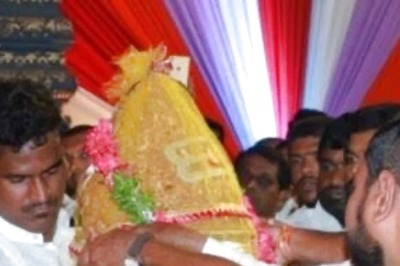
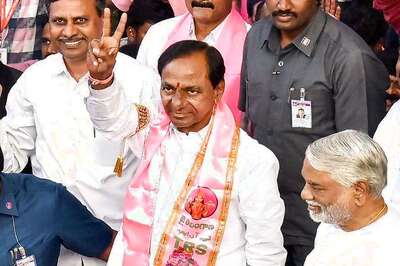




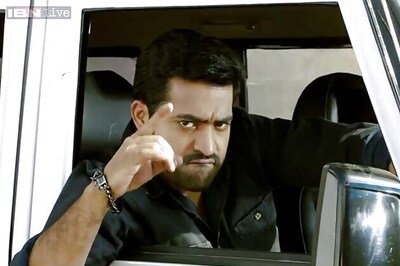

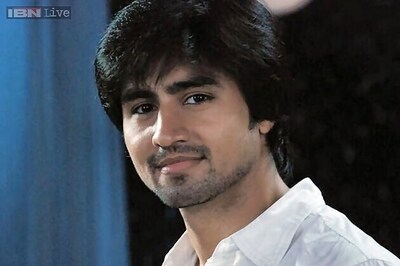
Comments
0 comment